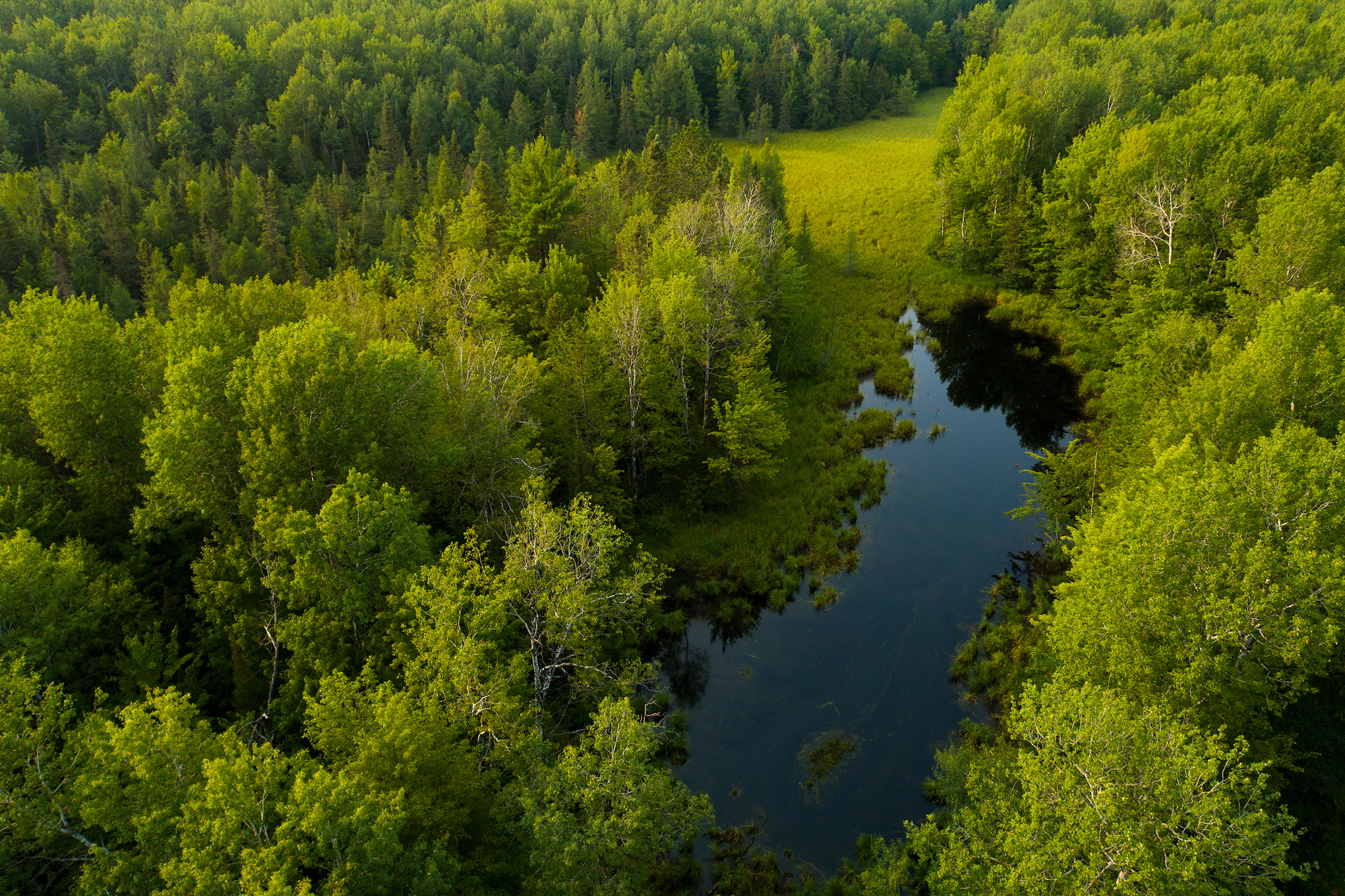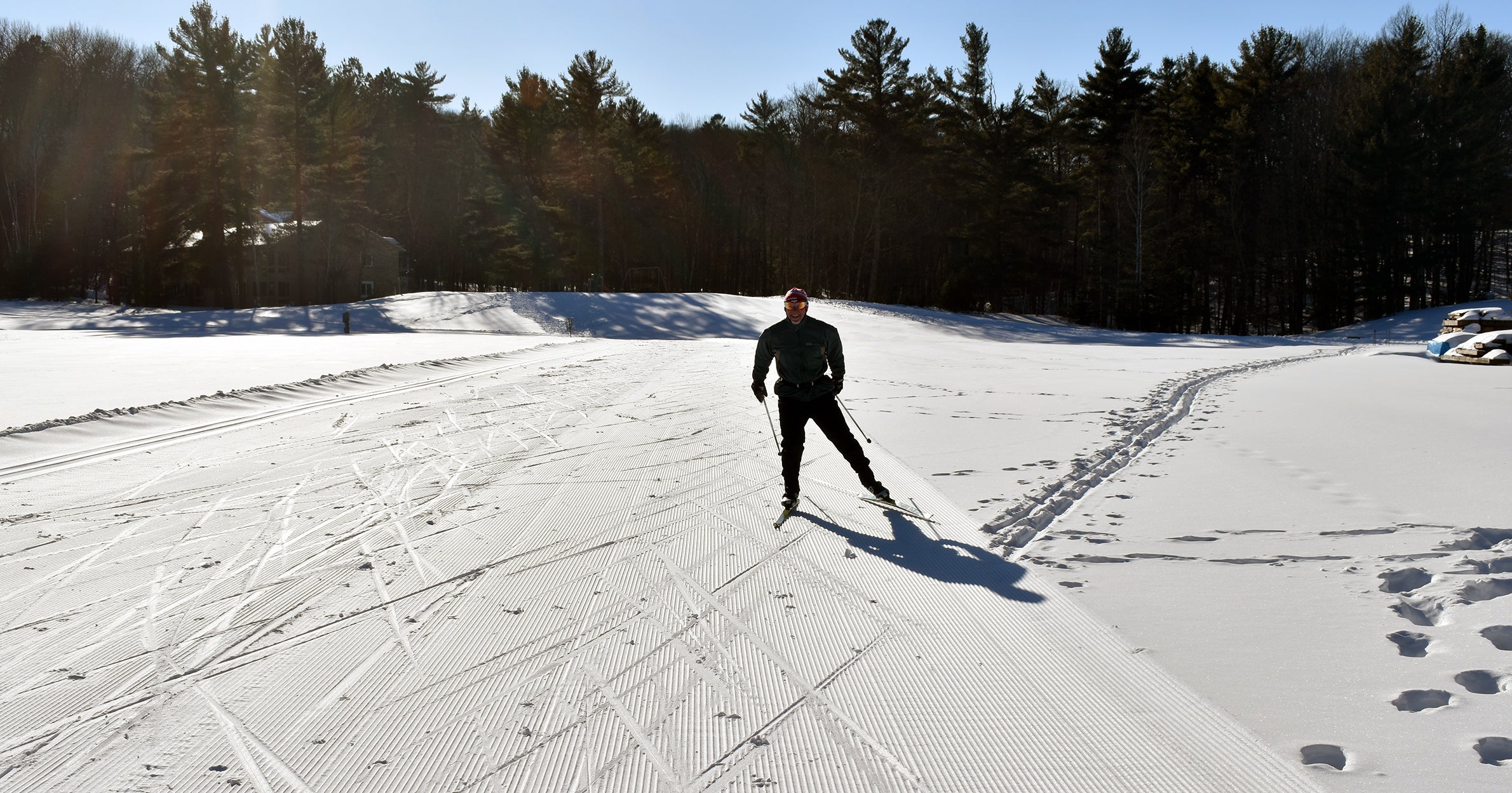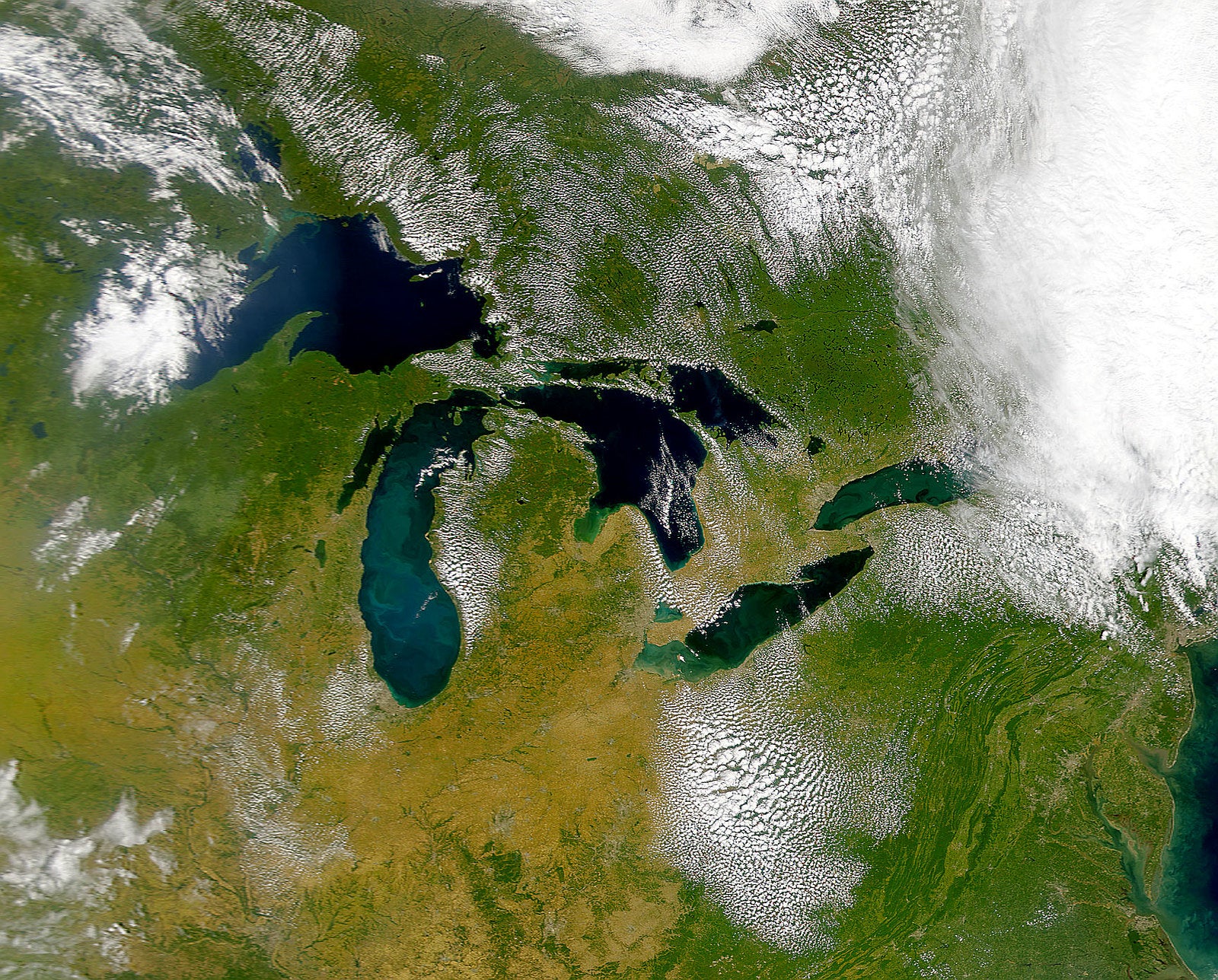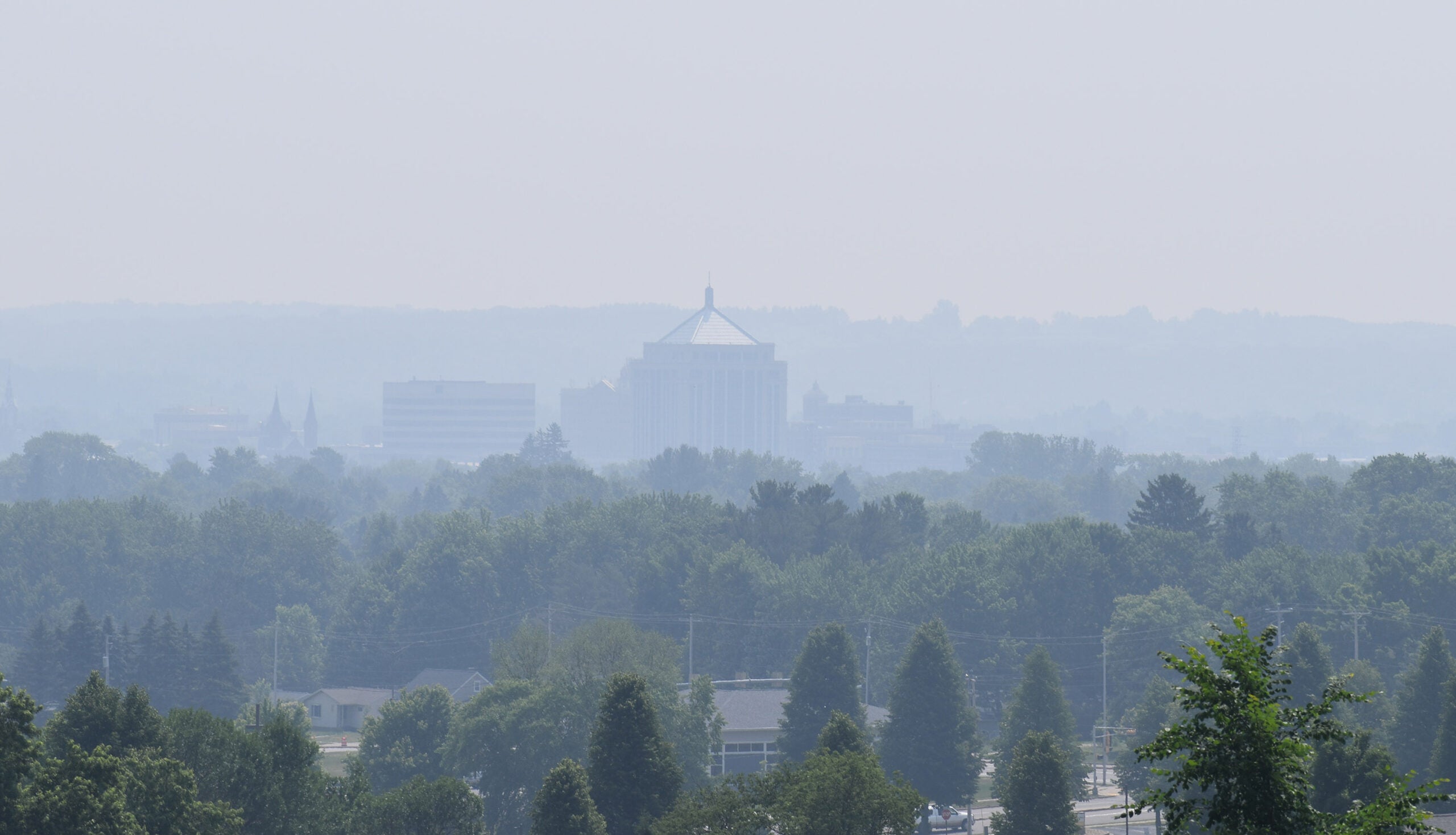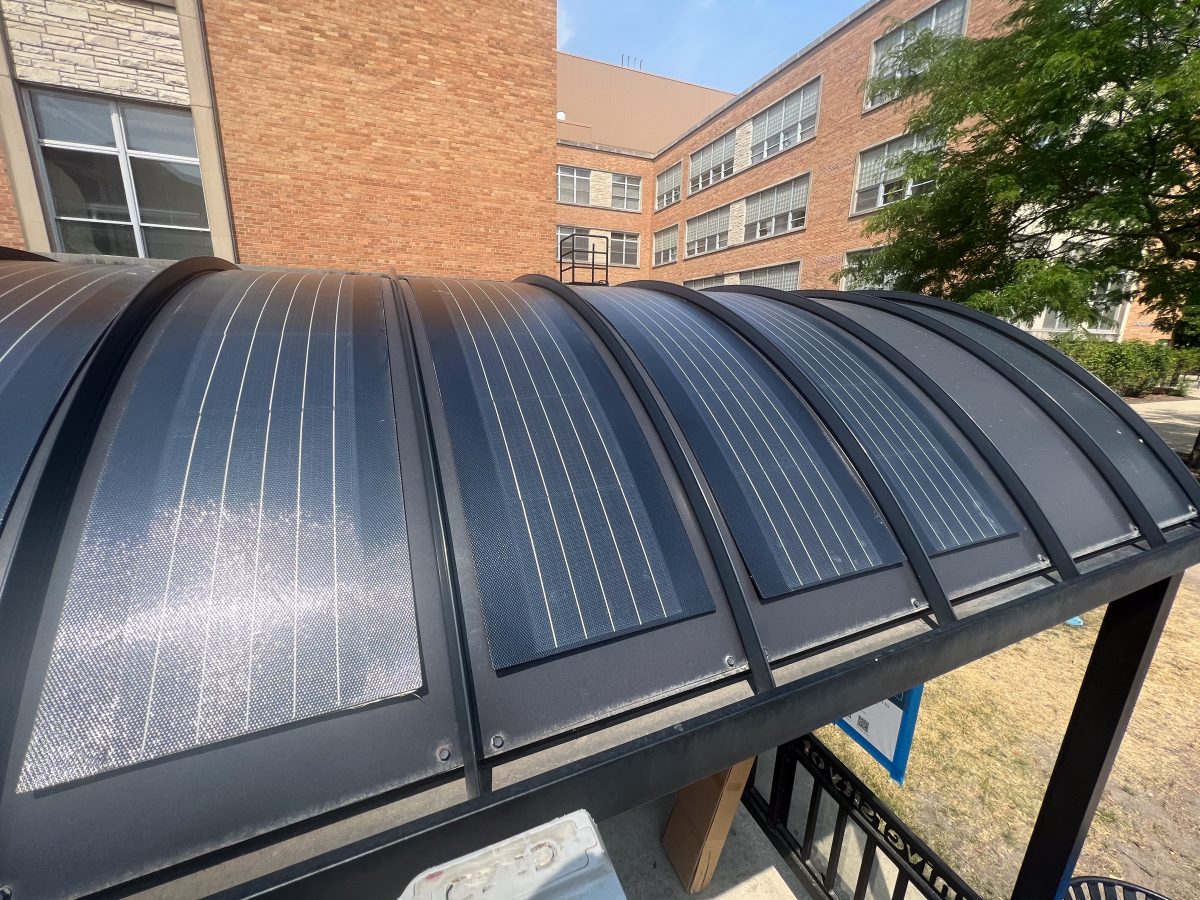Wisconsin’s Department of Natural Resources is developing a program to help businesses, communities and nonprofits achieve their climate change goals.
The Green Tier Charter for Climate Action will create a platform for local and regional organizations to share advice on sustainability initiatives and work together on environmental projects.
“You would basically have a ‘call a friend’ list of other participants that are in the charter,” said Bryant Esch, director of environmental engineering for Waupaca Foundry — one of 10 businesses who have expressed interest in the climate charter.
News with a little more humanity
WPR’s “Wisconsin Today” newsletter keeps you connected to the state you love without feeling overwhelmed. No paywall. No agenda. No corporate filter.
Green Tier is the DNR’s sustainability program and was founded in 2004. Recently, Weston Wegener, business support coordinator for the project, said more organizations across the state have been hoping to get involved.
“We have interest from a diverse group of organizations who are all kind of looking for assistance,” Wegener said. “They’re looking for a place to start, looking for some goals that they can work on or maybe even some other organizations to work with.”
The DNR held a meeting in early August to introduce and develop the climate charter proposal. About 27 businesses, communities, government agencies and nonprofits attended.
Preston Cole, Wisconsin DNR secretary, spoke at the start of the meeting. He said it will be essential for state organizations to pursue “voluntary actions” and “technological innovations” to mitigate the impacts of climate change.
“What’s coming at us is daunting,” Cole said. “But it’s going to require each and every one of us to step our game up.”
Wegener outlined three possible projects that organizations could help with, including mentoring other organizations on climate actions they can take, pursuing renewable energy initiatives and participating in the Trillion Trees Pledge.
The pledge aims to conserve 125,000 acres and plant 75 million trees in Wisconsin by 2030. Julie Ballweg is the forestry climate change policy advisor for the DNR, and she said the climate charter will encourage tree-planting efforts in areas where it’s needed most.
“The DNR plants a lot of trees but not enough to meet the pledge,” Ballweg said. “And so Green Tier is great because it’s a collaboration of a lot of different people, and it’s bringing people that we haven’t normally worked with in forestry.”
Ballweg said there’s an estimated 3.1 million acres of reforestation potential in Wisconsin, but the DNR doesn’t have access to all of that land. Working with partners through the climate charter will provide more opportunities for the Trillion Trees Pledge to be accomplished, she said.
Esch of Waupaca Foundry said the business has been a longtime member of the Green Tier program. He said the company’s leaders are excited about the new opportunity through the climate charter because they’ll be able to help smaller businesses that may not have the resources to start sustainability efforts on their own.
“We definitely have ideas where we would like to bounce stuff off some other knowledgeable folks or just say, ‘hey if we’re going to calculate certain things or proceed in a certain fashion, what’s the right protocol?’”
Wegener said organizations that join the climate charter will be connected with a DNR employee who they can reach out to for support. Organizations who join will need to participate in collaboration projects, promote the program and possibly recruit other participants, among other commitments.
With international efforts to address climate change, Wegener said it can be difficult for people to visualize how local organizations can help and what impact their actions may have.
He said the climate charter will help local leaders realize their potential and recognize how they can join sustainability efforts.
There isn’t one organization that can solve climate change, Wegener said, so teamwork across the state is crucial.
“This is for Wisconsin. It’s for our neighborhoods, it’s for our communities, and we can do more when everybody works together,” he said.
Wisconsin Public Radio, © Copyright 2026, Board of Regents of the University of Wisconsin System and Wisconsin Educational Communications Board.

